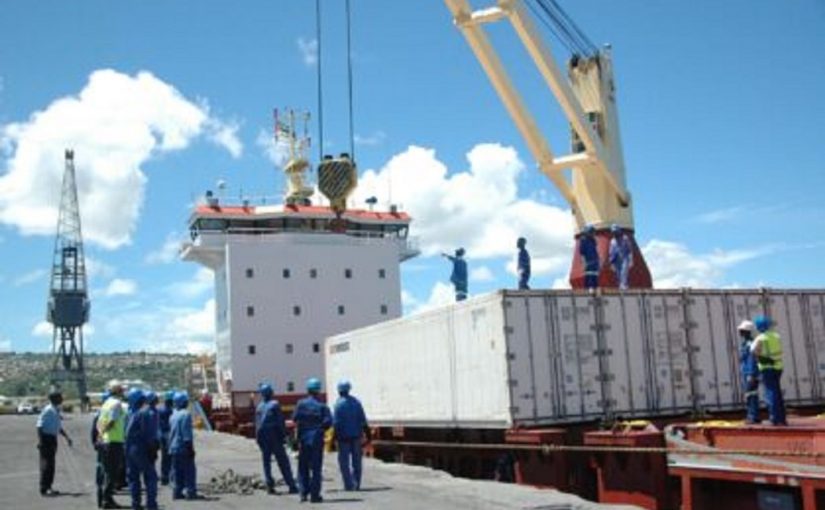Revenues from Mozambique's tobacco exports fell by half year-on-year in Q1
Mozambique: ETG to stop export of seized pigeon peas

Image: Savana
The ETG conglomerate is resorting to all legal means, including international ones, to prevent the export of more than $70 million worth of pigeon peas and other products seized in Mozambique by another competitor.
“Currently, our seized pigeon peas, as well as other products, including sesame seeds, peanuts, maize, soya and rice, are being transferred from our warehouses in Nacala to other warehouses belonging to Royal Group Limitada [RGL],” an official source from ETG, a conglomerate based in Mauritius, explained to Lusa on Friday.
“Contrary to the court orders [which ordered the seizure of the cargo], RGL is repackaging the goods to be shipped under the name Bull Limitada. We believe that the shipment of the seized goods on a CMA CGM ship is imminent. On 13 January, the seized cowpeas amounted to $27.6 million and the seized goods to $44.9 million,” he explains.
Lusa reported on Thursday that the leader of ETG appealed to Mozambique’s president, in a letter dated 26 December, to intervene in the “pigeon pea saga”, in which he claims to be the victim of “expropriation” by the RGL company.
In the letter, Maheshkumar Raojibhai Patel complained of “extraordinary events” that have been taking place for several months in the port town of Nacala, Nampula province, northern Mozambique, with the “generalised theft and expropriation” of goods by RGL with the support of public bodies, jeopardising the export of agricultural products, namely cowpeas destined for India.
At the root of the conflict, which has been going on for around 14 months and has so far received no comment from the Mozambican government, is the complaint by RGL, which accuses ETG and other companies that export cowpeas to India – which buys almost all of the country’s production – of being responsible for the complaint that it had exported genetically modified soya beans (GMOs) to that country.
In October 2022, the Nampula Provincial Court ordered the suspension of all exports by ETG and other groups also accused by RGL in this case. The following day, the Nampula Provincial Court granted RGL an order to seize ETG’s assets, including real estate and ships, and froze its bank accounts.
In the meantime, with a bail of $60 million (€55.1 million) imposed by the local court, the group is trying to stop the withdrawal of cargo worth that amount, in cowpeas and other agricultural products, allegedly by RGL, which took possession of it in Nacala.
In response to Lusa, an official ETG source said that RGL “was caught sending GMO products to India by the Indian authorities over a year ago” and “decided to recover the losses from that incident by starting an unfounded dispute” against that conglomerate, “which has now been criminalised with the cooperation of public entities” in Mozambique.
“We have defended ourselves against RGL’s actions in the civil and criminal courts in Mozambique. As well as asking the president to intervene, we are studying legal actions to prevent the ship with our goods from leaving port. And legal action in various jurisdictions outside Mozambique, should the ship leave Porto with ETG products,” the source assured.
In 2023, ETG exported 23,592 tonnes of Mozambique cowpeas to India with an initial target of 100,000 tonnes, “which could not be achieved due to the current situation”. In this scenario, ETG is also unable to predict whether it will continue to operate in Mozambique in 2024.
In his letter to the head of state, Filipe Nyusi, the conglomerate’s chairman said that ETG had been in Mozambique “for more than 24 years”, playing “a fundamental role in the lives of hundreds of thousands of farmers”.
ETG’s shareholders include Japan’s Mitsui, South Africa’s state-owned Public Investment Corporation, the largest asset manager on the African continent, and Saudi Arabia’s SABIC, one of the world’s leading fertiliser producers.












Leave a Reply
Be the First to Comment!
You must be logged in to post a comment.
You must be logged in to post a comment.